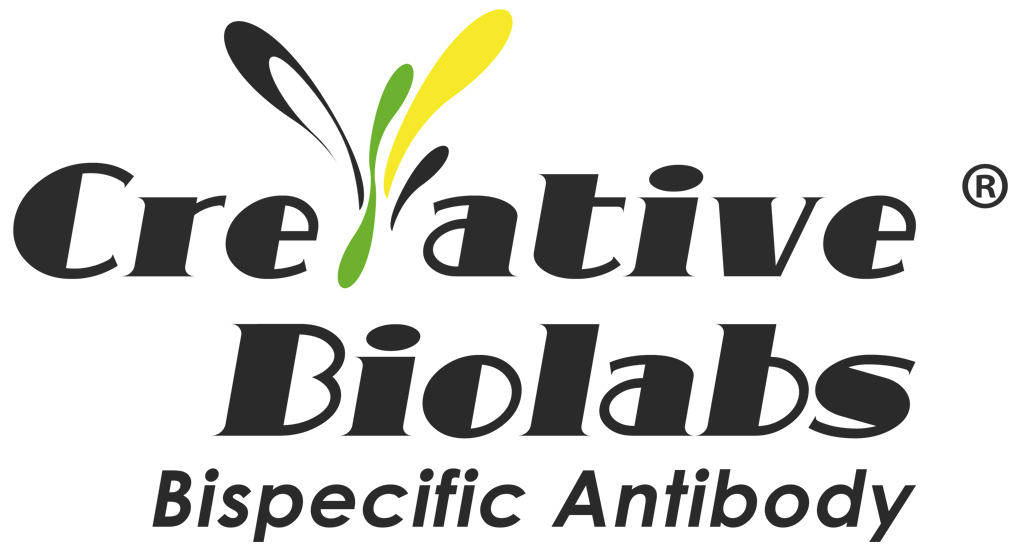Bispecific antibodies, with two binding sites directed at two different antigens or two different epitopes on the same antigen, have shown some superiority in clinical therapeutic effects when compared with monoclonal antibodies, and cover broad applications for tumor immunotherapy as well as for the treatment of other diseases. Recently, the research on bispecific antibody has been greatly inspired by the progress of a novel therapeutics.
AbbVie recently announced that the U.S. Food and Drug Administration (FDA) has accepted for priority review a Biologics License Application (BLA) for epcoritamab (anti CD3×CD20) for the treatment of adults with relapsed/refractory (R/R) large B-cell lymphoma (LBCL) who have received 2nd-line or multiline systemic therapy. In addition, the European Medicines Agency (EMA) has recently accepted a Marketing Authorization Application (MAA) for epcoritamab for the treatment of adult patients with R/R diffuse large B-cell lymphoma (DLBCL, a major subtype of LBCL) who have received 2nd or multiple lines of systemic therapy.
![Fig.1 Mechanism of action of Epcoritamab [1].](https://www.creative-biolabs.com/blog/bsab/wp-content/uploads/2022/12/8-221102143R6120.png)
Fig.1 Mechanism of action of Epcoritamab [1].
LBCL is a fast-growing type of non-Hodgkin’s lymphoma (NHL), and the major subtype is DLBCL. NHL is a cancer that occurs in the lymphatic system and affects B-cell lymphocytes (a type of white blood cell). LBCL is the most common type of NHL, accounting for approximately 30% of all NHL cases. It is estimated that there are approximately 150,000 new cases of LBCL each year worldwide.
If approved, epcoritamab would be the first subcutaneously administered bispecific antibody available for the treatment of LBCL. Epcoritamab’s regulatory filing is based on preliminary results from the previously announced EPCORE NHL-1 Phase II clinical trial of the LBCL extension cohort in relapsed/refractory B-cell non-Hodgkin’s lymphoma (B-NHL).
The study cohort included 157 patients with relapsed/refractory LBCL with a median of 3 lines of prior therapy, an overall remission rate (ORR) of 63%, and a complete remission rate (CR) of 39%. Baseline characteristics included 61% of patients not responding to initial therapy, 20% having received autologous stem cell transplantation (ASCT), and 39% having received CAR-T cell therapy (75% not responding to CAR-T therapy).
The ORR is 69% and CR is 42% in patients who had not received prior CAR-T cell therapy, and 54% and 34% in patients who had received prior CAR-T cell therapy. Median follow-up was 10.7 months, with a median duration of remission (mDOR) estimated at 12 months; among patients who achieved CR, mDOR was not yet achieved, and 89% remained in CR in 9 months.
The safety profile of epcoritamab was consistent with the results of previous studies. The majority of on-treatment adverse events (TEAEs) occurred in the first 12 weeks of treatment and were resolved. The most common TEAEs of any grade (incidence ≥15%) included cytokine release syndrome (CRS, 49.7%), fever (23.6%), fatigue (22.9%), neutropenia (21.7%), diarrhea (20.4%), injection site reactions (19.7%), nausea (19.7%), and anemia (17.8%). The most common grade 3 or 4 TEAE (≥5%) included neutropenia (14.6%), anemia (10.2%), reduced neutrophil count (6.4%), and thrombocytopenia (5.7%). Grade 3 CRS was observed in 2.5%. Grade 4/5 CRS was not observed.
Immunotherapy has redefined the treatment of cancer patients and it is constantly generating new advances and approaches. Among the multiple options of immunotherapy, bispecific antibodies represent a novel thoughtful approach. Creative Biolabs has years of experience to offer innovative and sophisticated bispecific antibody development services to drive forward immunotherapy research.
Reference
1. U.S. FDA Accepts for Priority Review the Biologics License Application for Epcoritamab (DuoBody®-CD3xCD20) for the Treatment of Relapsed/Refractory Large B-Cell Lymphoma. Retrieved from https://news.abbvie.com/news/press-releases/us-fda-accepts-for-priority-review-biologics-license-application-for-epcoritamab-duobody-cd3xcd20-for-treatment-relapsedrefractory-large-b-cell-lymphoma.htm
